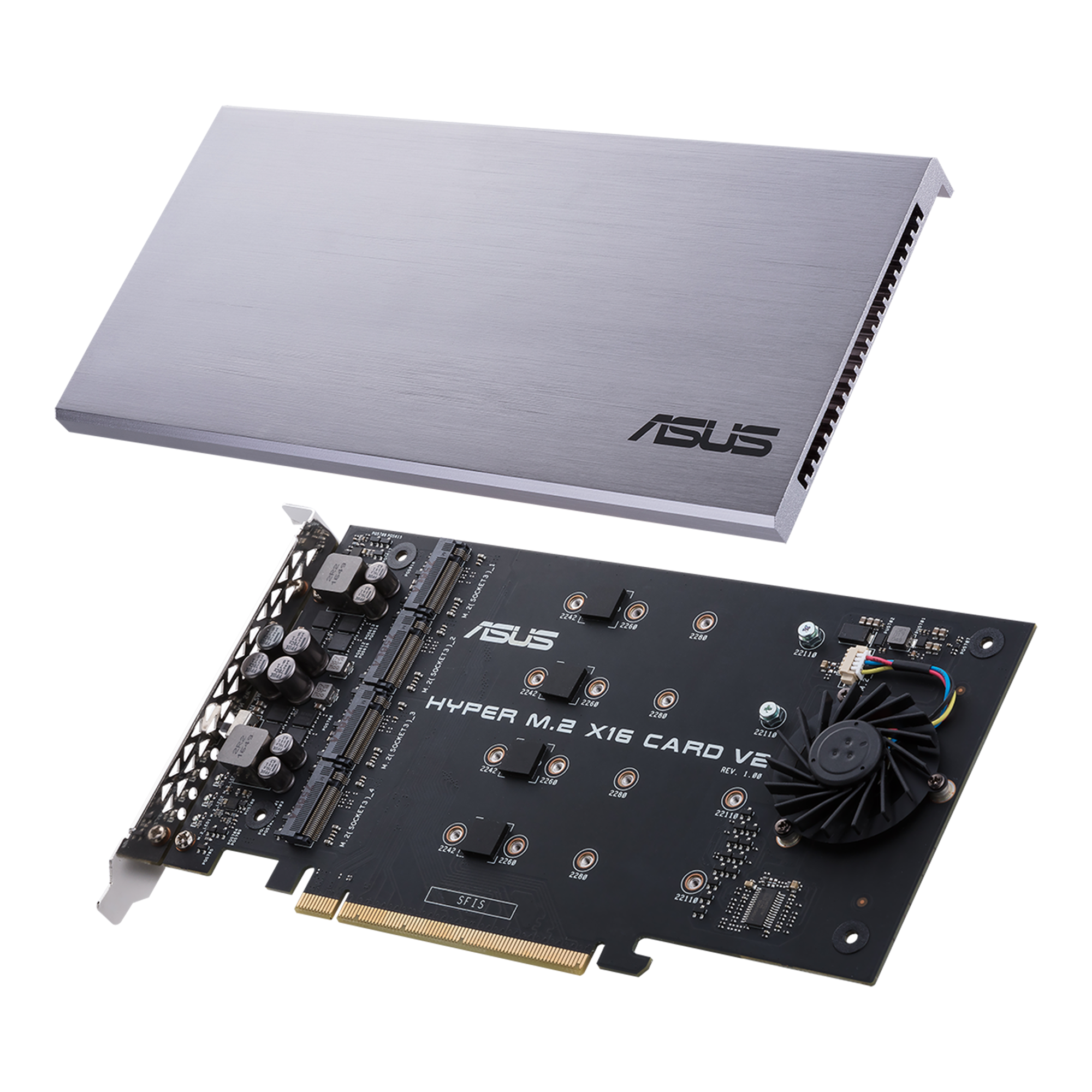SpyderTracks
We love you Ukraine
I'm almost certain your CPU is not bottlnecking anything, if you do the above tests I think you'll find the CPU is barely in use.OK, so, a message came up on the BIOS page when I looked into overclocking, that PC Specialists void the warranty if a PC gets overclocked, so I better leave this idea.
But I appreciate all the information given here!!


